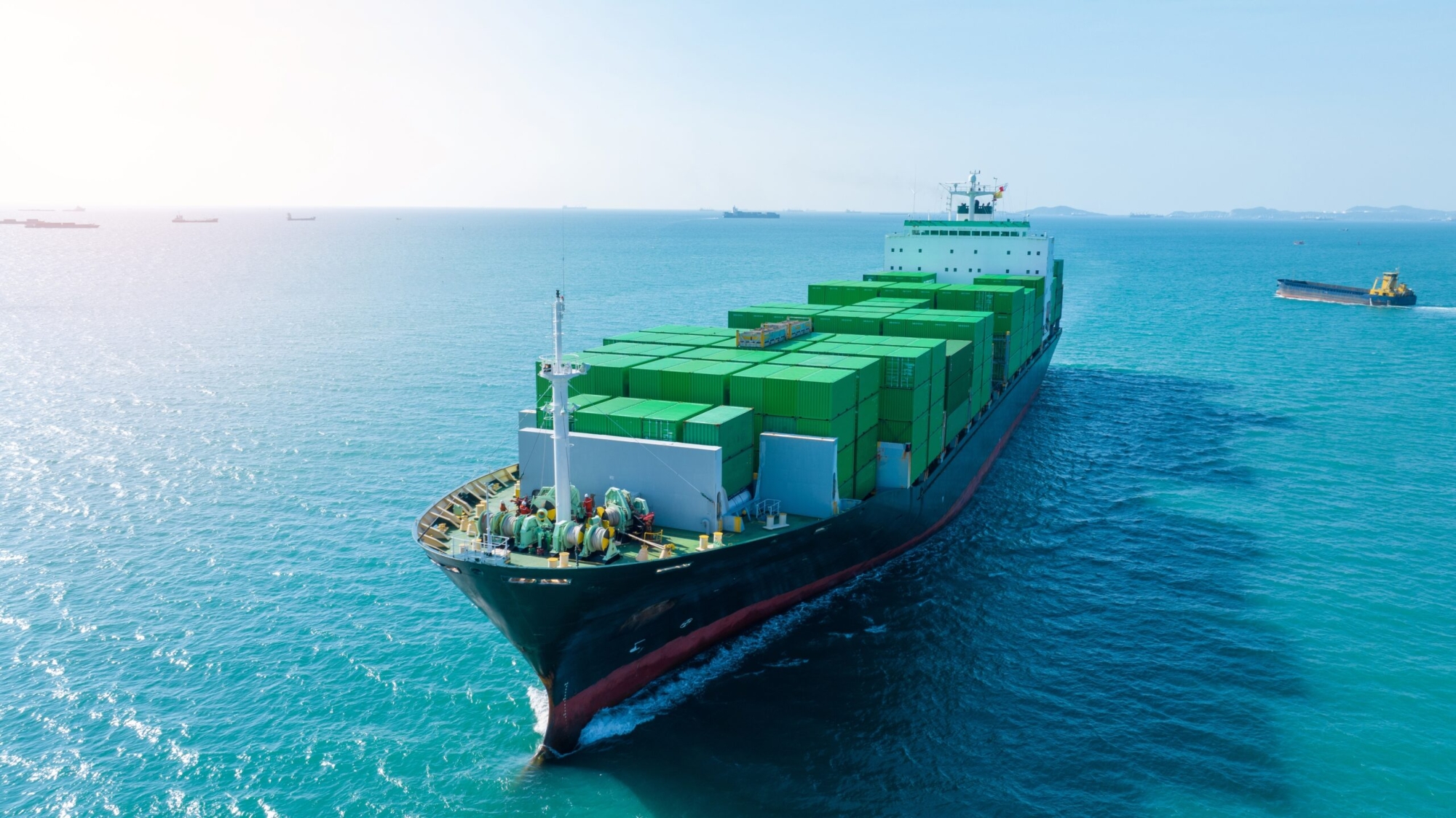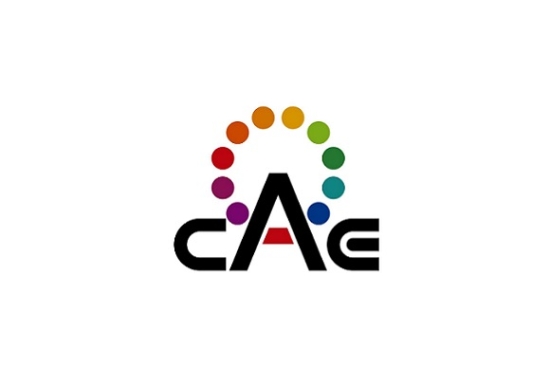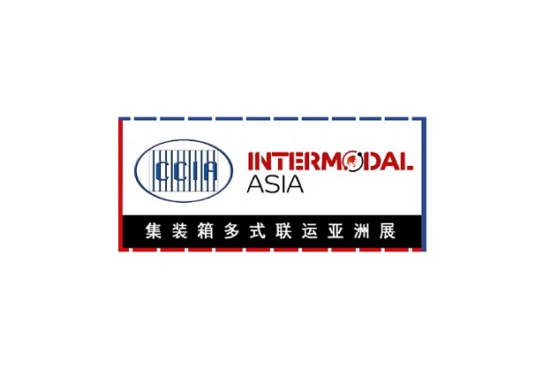
Shipping companies are facing the challenge of meeting stringent carbon intensity reduction targets or face escalating penalties as the implementation of the FuelEU Maritime Regulation approaches. The regulation will come into force on January 1, 2025, imposing progressively stricter limits on the greenhouse gas (GHG) intensity of energy used by ships, with requirements becoming stricter every five years.
Also read: Innovative strategy reduces cargo ship emissions by 17.3%
The GHG intensity standard applies to all energy consumed during voyages and calls within the EU, and 50% of voyages into and out of the EU. To comply, shipping companies must pay a FuelEU fine or take steps to reduce their GHG intensity to meet regulatory limits. This can be achieved by using alternative fuels such as biofuels or LNG/LPG, or through pooling, where vessels that exceed their targets can offset those that underperform.
However, Albrecht Grell, managing director of Hamburg-based maritime intelligence firm OceanScore, noted that many shipping lines, especially smaller ones, have chosen to pay fines rather than explore pooling. He warned that this strategy, combined with borrowing to defer compliance and incurring interest, will become increasingly expensive over time.
Fines for exceeding greenhouse gas intensity targets are currently €2,400 per tonne of VLSFOe (very low sulphur fuel oil). If non-compliance continues, the fines will increase by 10% each year to €3,360 by 2029, OceanScore said.
Greer recommends that companies consider the use of biofuels and intermodal transport as both are more cost-effective and can help reduce compliance deficits. He stressed the importance of understanding the market dynamics that affect intermodal slot availability and costs, as well as the possibility of monetizing compliance surpluses by sharing them with third-party vessels.
Friederike Hesse, co-founder and managing director of zero44, a maritime carbon solutions platform, added that the most economical compliance approach will vary from company to company. Factors such as trade patterns, exposure to the EU, availability and cost of sustainable fuels, and agreements with stakeholders will all come into play. Hesse stressed that optimizing FuelEU compliance is an ongoing effort and companies need to track their options and find the best strategy for each compliance period.
As the deadline approaches, shipping lines must carefully weigh their options to adapt to the new regulations and minimize costs.











Leave a Reply Cancel reply
You must be logged in to post a comment.